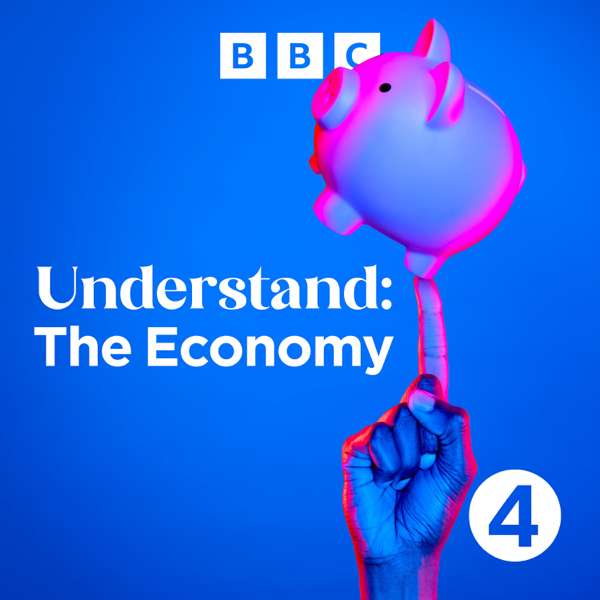In this episode of Coaches on Zoom Drinking Coffee, Coaching.com Founder & Executive Chair Alex Pascal gets to the heart of Red Team Thinking alongside his long-term friend Bryce Hoffman, who has recently been named one of the top 100 leadership speakers by Inc magazine.
Bryce is a former journalist and an accomplished author turned business consultant, who you may have seen appear on national television explaining his unique model for decision making.
During their in-depth conversation, Bryce explains his fascinating career history and how he went from investigating industry success (and failure) stories to being invited into the action as a business consultant - although he still prefers to call himself an “unconsultant.” Listen in to find out why!
Bryce’s unconventional career path led him to Red Team Thinking, a method of applied critical thinking that was inspired by US military intelligence approaches after 9/11. This episode gives him the opportunity to share how his work came full circle when he was eventually asked to train the military and even NATO.
Alex asks Bryce how Red Team Thinking could be applied to coaching, and Bryce shows how his philosophy of challenging assumptions, identifying and actively addressing cognitive bias, and activating dormant skills (rather than outsourcing thinking to others) can be used to benefit coaching clients.
Red Team Thinking has its roots in the Socratic method, and accordingly, Bryce and Alex spend some time geeking out over their favorite philosophers in this episode. They discuss how Hegelian thought could be embodied in coaching sessions without clients (or coaches!) having to parse his dense prose.
In a world that Alex and Bryce characterize by volatility, uncertainty, complexity, ambiguity, and hyperconnectivity, leaders need strategies that will help them make good decisions quickly.
Believing that decisions can be made either by instinct or by analysis and that what we call analysis is often lazy and ineffective, Bryce shares his system for more rigorous critical thinking.
To learn more about the origins of “devil’s advocates,” how Bryce’s job is to train contrarians, and if critical thinking could help you survive a zombie apocalypse, listen to this episode.

 Our TOPPODCAST Picks
Our TOPPODCAST Picks  Stay Connected
Stay Connected







